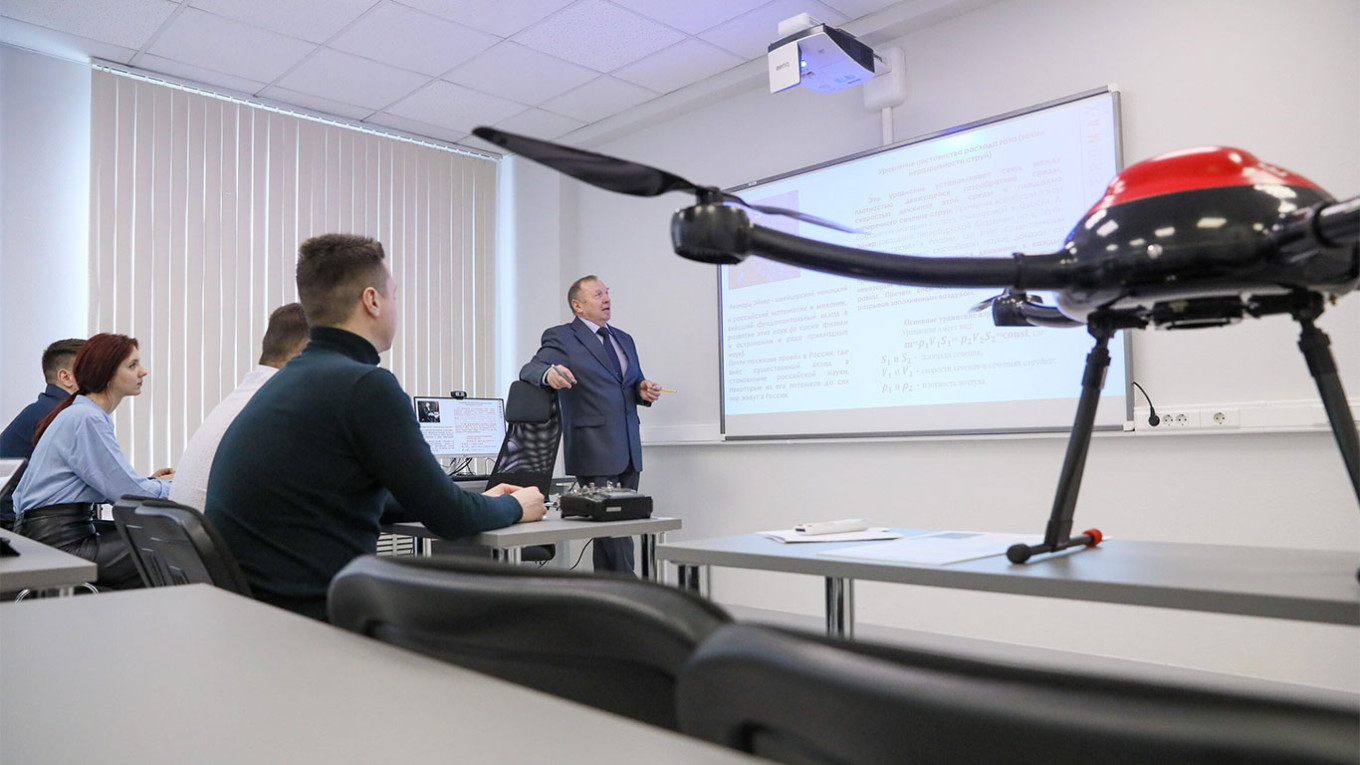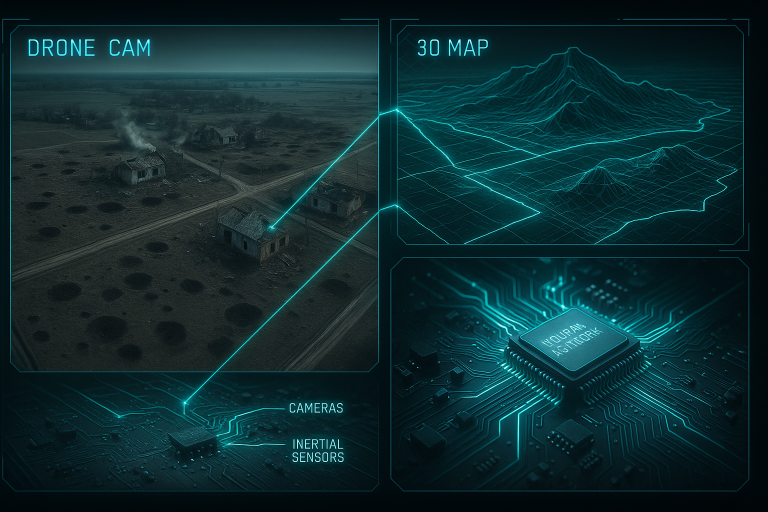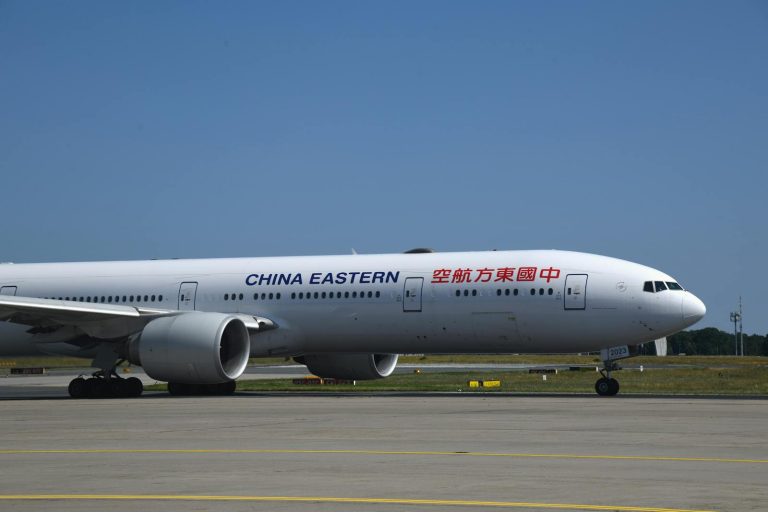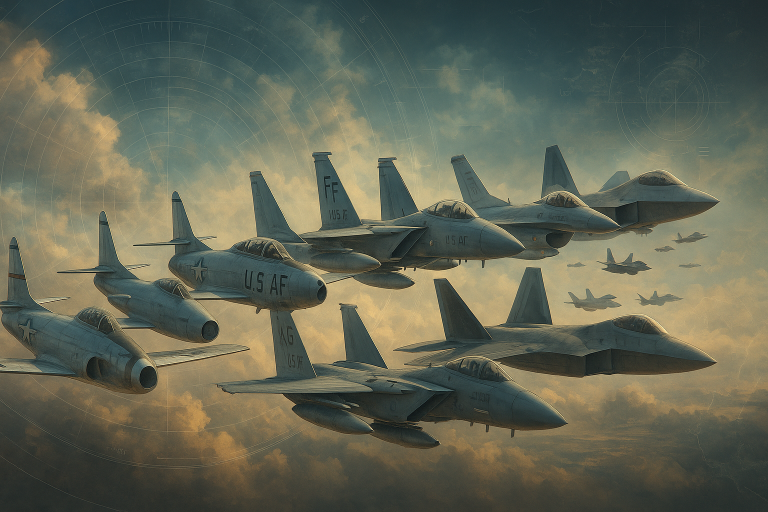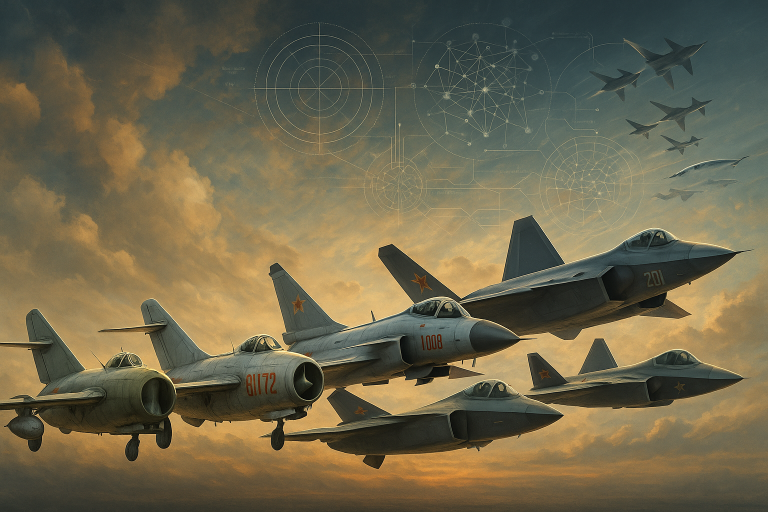Russia’s Youth Drone Schools: Militarizing Education to Fuel the War Machine
In a stark escalation of its campaign to embed military culture into the foundations of childhood development, Russia has inaugurated a specialized school in Krasnodar where children are taught to assemble, program, and pilot military-grade drones—skills directly applicable to its ongoing war in Ukraine. This initiative is not a one-off experiment but a deliberate, state-coordinated strategy to cultivate a generation of technologically adept, ideologically aligned youth who view service to the military-industrial complex as both a patriotic duty and a career path.
The Krasnodar Drone School: “Dobro i Nebo” – Where Childhood Meets Combat Tech
Officially named “Dobro i Nebo” (Goodness and Sky), the school opened in early 2024 in the southern Russian city of Krasnodar, a region with deep military ties and proximity to the Ukrainian frontlines. Announced by Mayor Yevgeny Naumov, the institution offers free, state-funded instruction in drone construction, flight operations, and 3D printing—technologies that have become decisive in modern warfare. Instruction is delivered by experienced military personnel, including veterans of Russia’s war in Ukraine, who bring firsthand battlefield knowledge into the classroom.
Prospective students undergo screening for fine motor skills, spatial reasoning, and aptitude in STEM subjects. While city officials emphasize the civilian applications of these skills—such as in logistics, agriculture, or emergency response—the curriculum’s alignment with current battlefield needs is unmistakable. Drones have emerged as a critical force multiplier in the Ukraine conflict, used for reconnaissance, artillery correction, and increasingly, kamikaze-style attacks. By training children as young as 12 to build and operate such systems, Russia is effectively creating a domestic talent pipeline for its drone warfare capabilities.
A System of Militarized Education
The Krasnodar school is not an isolated project but a visible node in a vast, state-directed ecosystem designed to integrate youth into Russia’s defense sector from an early age. This network operates under the umbrella of national technology and security strategies, blending education, propaganda, and industrial policy.
| Initiative/Program | Description | Primary Function |
|---|---|---|
| Berloga Platform | An online “gaming” platform featuring a “Drone Academy” course developed in collaboration with defense contractors. | Teaches drone piloting, coding, and mission planning; top performers are fast-tracked into advanced defense-related projects or youth military camps. |
| Kruzhok Movement | A nationwide network of extracurricular STEM clubs under the National Technology Initiative (NTI). | Engages students in engineering challenges, many sponsored by Rosoboronexport and other defense enterprises, with drone development as a recurring theme. |
| Big Challenges | Annual competition hosted by the Sirius Educational Center, a federal institution founded by Vladimir Putin. | Tasks students with solving real-world technical problems—frequently involving surveillance systems, autonomous navigation, or electronic warfare—with input from military-industrial partners. |
| National “Unmanned Aerial Systems” Project | A federal initiative launched in 2023 to boost domestic drone production and workforce readiness. | Mandated the inclusion of a standardized drone operations textbook in the national school curriculum for grades 8–11, ensuring nationwide exposure to UAV theory and ethics. |
This system is centrally coordinated by Russia’s Agency for Strategic Initiatives (ASI), whose supervisory board is chaired by President Vladimir Putin. Funded with tens of billions of rubles from both state budgets and defense-linked corporations, the programs blur the line between education and military recruitment. According to assessments by UK Defence Intelligence, drone training modules are now active in over 500 schools and 30 colleges across the Russian Federation, with participation often incentivized through scholarships, elite university admissions, and patriotic awards.
Targeted Recruitment and International Law Concerns
Russia’s militarized education drive extends beyond its borders and raises profound legal and humanitarian alarms. In occupied Ukrainian territories and allied post-Soviet states, Moscow has actively recruited minors into programs that explicitly prepare them for roles supporting its war effort.
In Tatarstan, the Alabuga Polytechnic College—a high-tech vocational school promoted as a model of “patriotic engineering”—has recruited teenagers from Kyrgyzstan, Kazakhstan, and other Central Asian countries. Promotional materials openly advertise training in drone assembly for “defense purposes.” In April 2024, a Ukrainian drone strike on the Alabuga facility injured several underage students, underscoring the site’s operational role in Russia’s military supply chain and drawing international attention to the use of foreign minors in war-support activities.
Even more troubling is the systematic re-education of Ukrainian children forcibly transferred from occupied regions. A 2023 investigation by Yale University’s Humanitarian Research Lab documented a network of 210 facilities across Russia and occupied Ukraine where thousands of Ukrainian children are subjected to political indoctrination and military-style training. The report found credible evidence of children as young as eight participating in drills that include grenade handling, tactical movement, and drone construction—activities that serve no legitimate educational purpose under international norms.
These practices constitute serious violations of international law. The UN Convention on the Rights of the Child, to which Russia is a signatory, prohibits the involvement of minors in hostilities and the use of children in the production of weapons. Moreover, in March 2023, the International Criminal Court (ICC) issued arrest warrants for President Vladimir Putin and Maria Lvova-Belova, Russia’s Presidential Commissioner for Children’s Rights, for the alleged war crime of unlawful deportation and transfer of Ukrainian children—a charge directly tied to these re-education and militarization programs.
A Long-Term Strategy with Global Repercussions
The Krasnodar drone school is more than a technical academy; it is a physical manifestation of Russia’s broader ideological project: to normalize war, glorify military service, and prepare youth for perpetual conflict. By embedding defense-related skills into compulsory education and extracurricular life, the Kremlin is not only addressing immediate battlefield needs but also shaping a future generation whose identity is fused with the state’s militarized vision.
This strategy has drawn sharp condemnation from human rights organizations, Western governments, and international legal bodies. Yet within Russia, it is framed as patriotic innovation—a necessary response to “Western aggression” and a path to technological sovereignty. As the war in Ukraine grinds on, the line between classroom and combat zone continues to blur, raising urgent questions about the ethics of child involvement in warfare and the long-term consequences of weaponizing education.
Would you like to explore the specific drone models being developed in these programs, the role of private defense contractors in curriculum design, or the evolving international legal responses—including potential ICC investigations or sanctions targeting these educational institutions?

